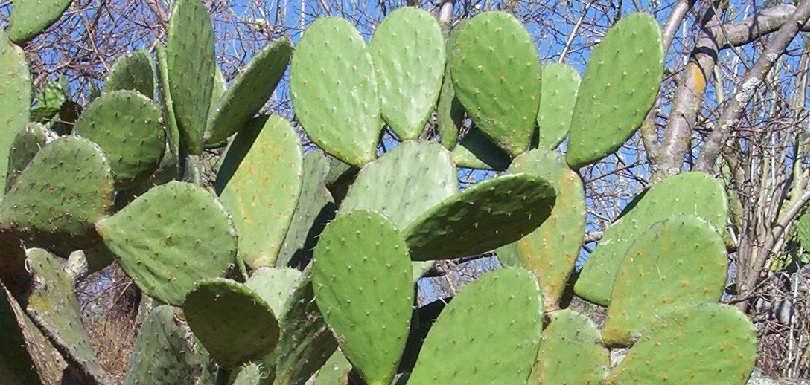Scholars, researchers, and producers from the Autonomous University of Chapingo (UACh) have urged the Mexican Government to protect the designation of origin of the nopal (prickly pear), a cactus China is seeking to register.
During the fifth day of the Farmer’s Forum hosted by the UACh as part of the XXII National Fair of Rural Culture, it was said there is currently a worldwide boom for Cactaceae such as the Echeveria plants, and the Crassulaceae (which give an exotic flower) and the new species of Cactaceae which are being illegally exported from Mexico by traffickers in collusion with natives of the agricultural communities.
The speakers held this “historical looting” began in 1982 when the Japanese exported close to 500 tonnes of Cactaceae in wooden and styrofoam boxes via Colima-Japan.
During the celebration of the National Day of Cactacea, Pedro Ponce, deputy director of the University’s Service and Continuous Education department, considered urgent to “boost research with a production focus to stop the theft and looting” of several Cactaceae species, including the prickly pear, of which only in Mexico City there are over 17 production acres.
He stated that “China has [7.4 acres] where they produce wines, liquors, beer, medicine, cosmetics and prickly pear, but they can’t compete with us although they do want to register the prickly pear, thus the demand to the Government to do the following: certify the designation of origin of the nopal, asap, because we all agree this is a pressing matter.”
Meanwhile, Arturo Arenas from the Producer’s Association of Cactaceae and Succulent Plants claimed that Chinese, Koreans, and Thais loot Cactaceae seeds, particularly those of the Echeveria plants.
He stated it was hard to keep track of the number of plants illegally exported from the country given the involvement of Mexican citizens, as they are the ones who “know the species and the place” where they can be found.
Protecting the Cactaceae are only a handful of communities close to the farming lands; they get together and reach agreements, but these aren’t enough seeing that there are also communal lands and hills which are at the mercy of traffickers, Arenas added.
Source: El Universal


